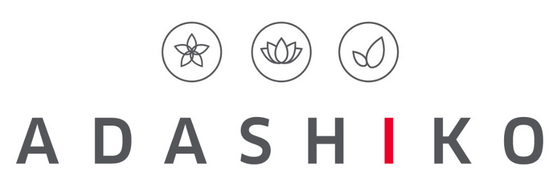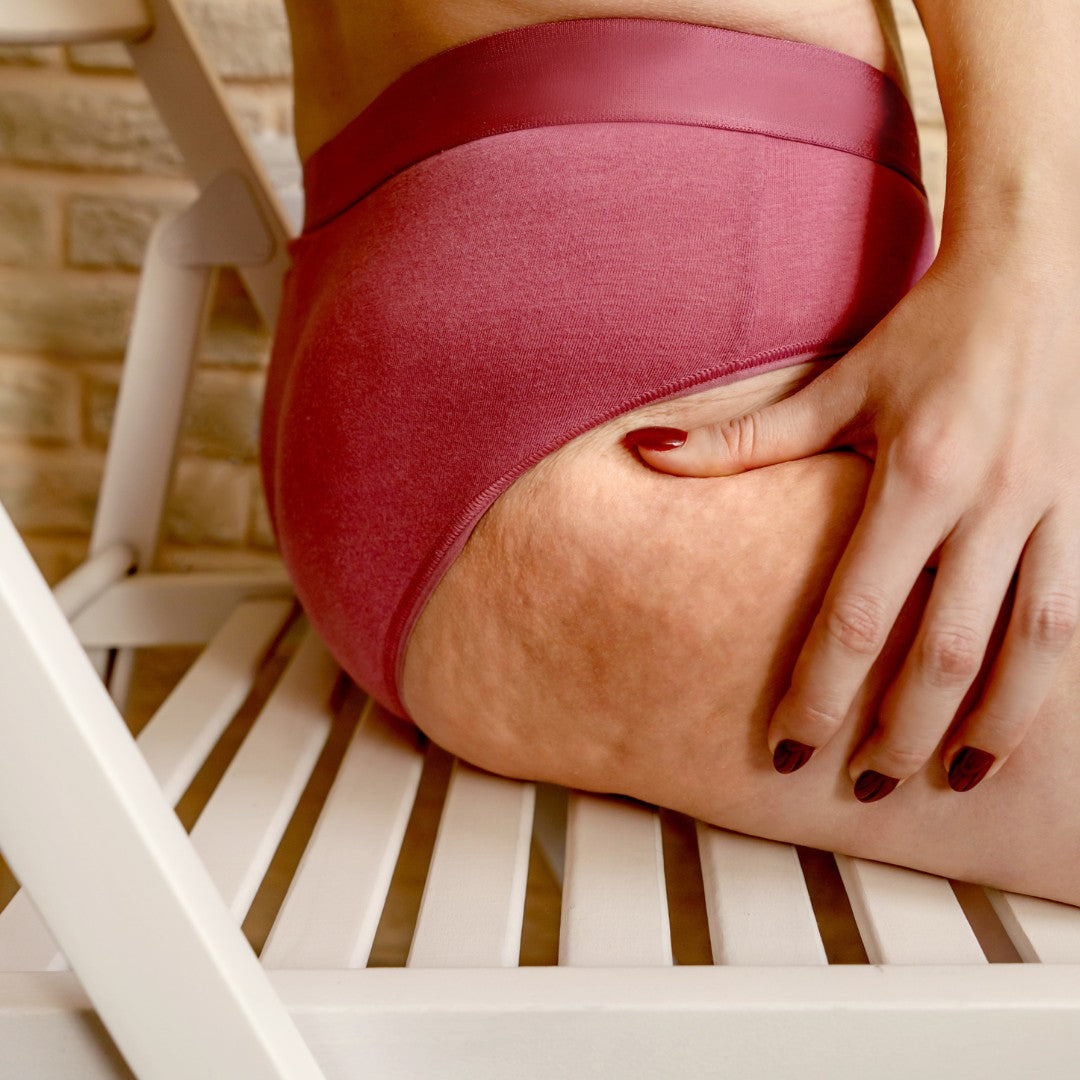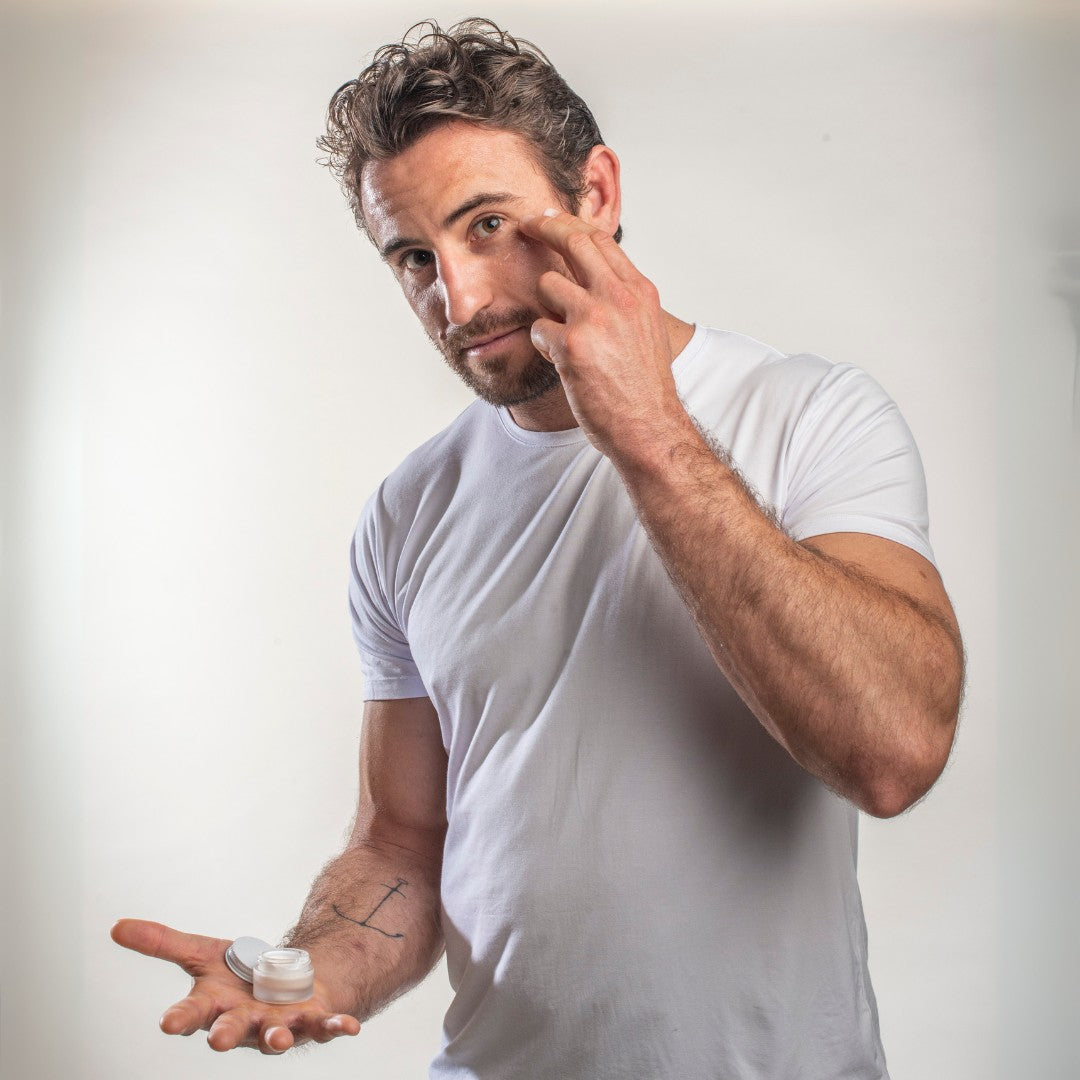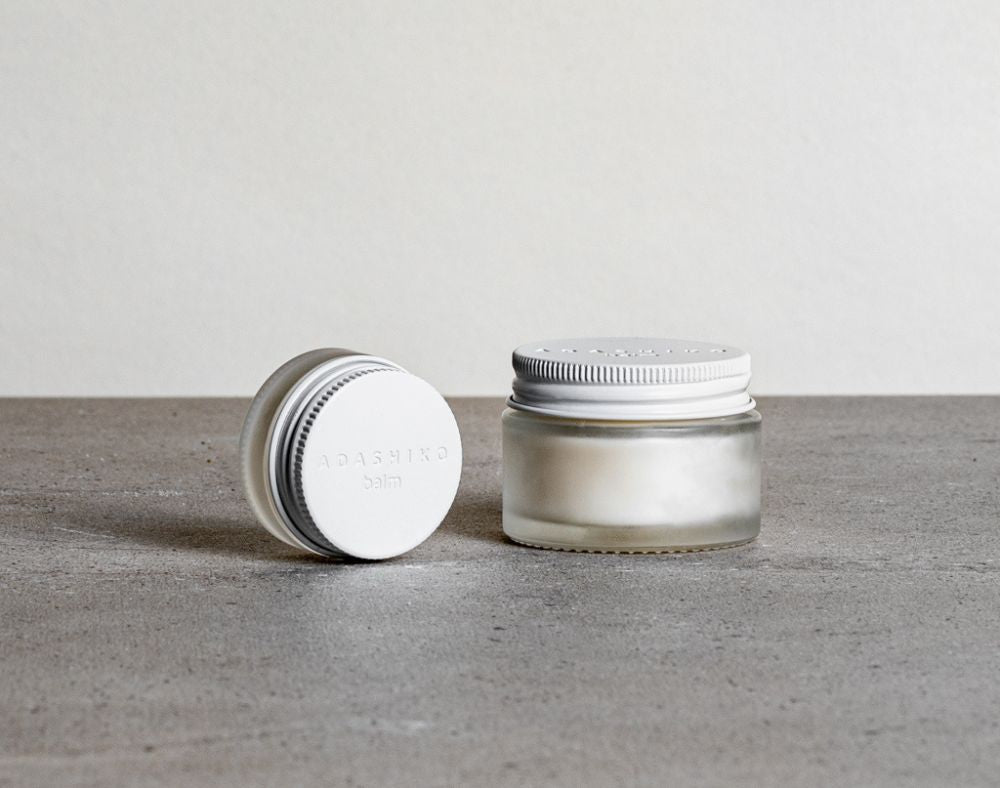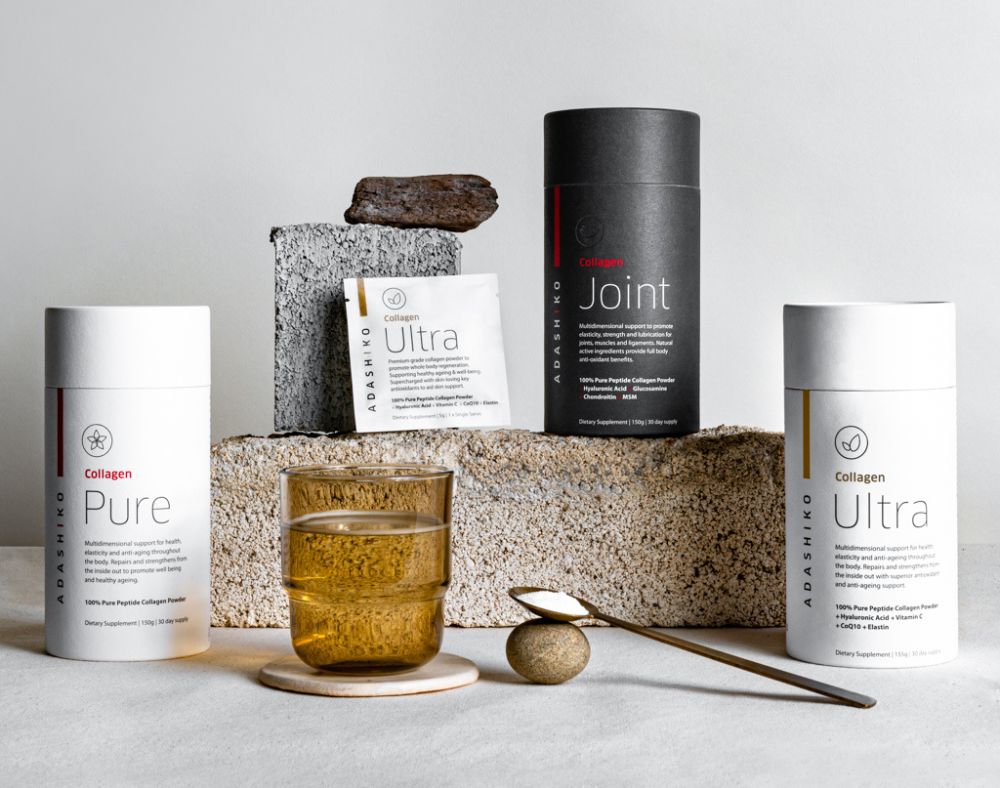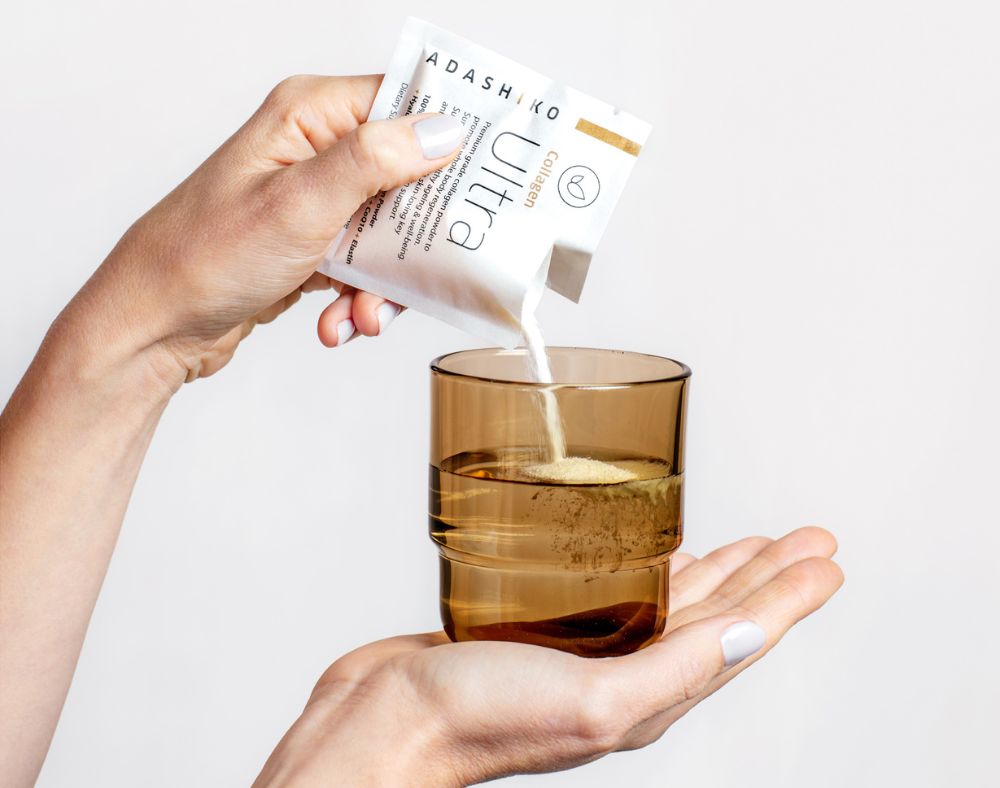The Aging Process: And What You Can Do About It
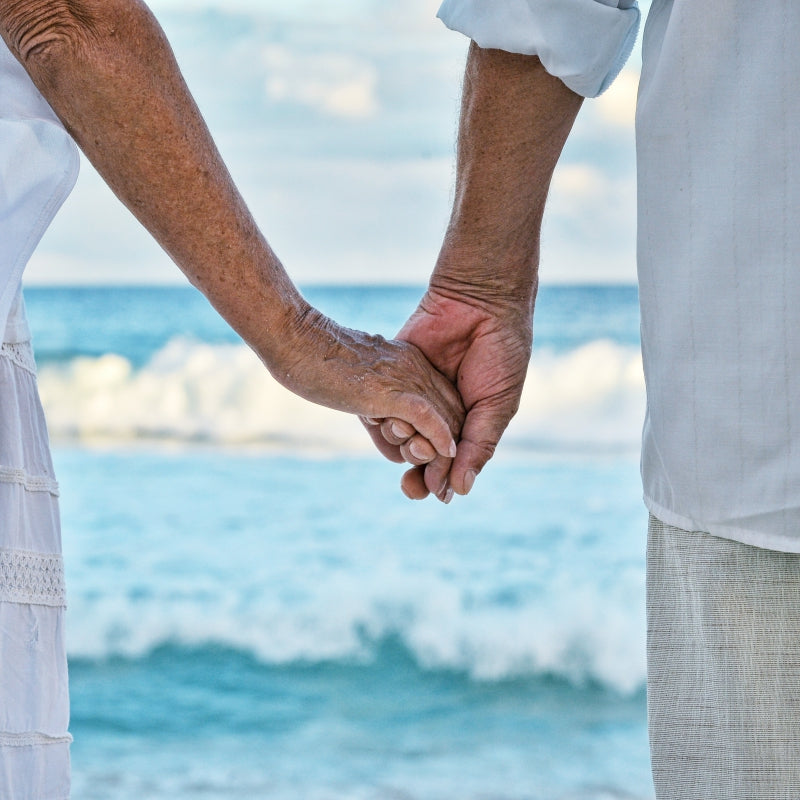
If we're lucky enough to be alive, growing older is inevitable. Aging isn't something to fear or fight – after all we are aging at this very moment. But what is aging, and what causes it?
The National Institute of Aging in the USA sums it up nicely:
"Aging is associated with changes in dynamic biological, physiological, environmental, psychological, behavioural, and social processes.
Some age-related changes are benign, such as greying hair. Others result in declines in function of the senses and activities of daily life and increased susceptibility to and frequency of disease, frailty, or disability. In fact, advancing age is the major risk factor for a number of chronic diseases in humans."
Most of us think of aging, and we immediately picture wrinkles, grey hair, frail limbs, and loss of hearing. Just as there are many signs of aging, there are many causes, with studies showing that there is not one definitive cause that we can tackle to slow or stop the process. Instead, a multi-pronged approach could give us the best chance at leading a healthy life and creating quality of life in our later years (and keeping those wrinkles at bay).
Oxidative stress and antioxidants
Antioxidants are well-known as anti-aging powerhouses due to their unique ability to counter oxidative damage. Ironically, the very thing that gives us life - oxygen - also causes aging.
"Oxygen in the body splits into single atoms with unpaired electrons. Electrons like to be in pairs, so these atoms, called free radicals, scavenge the body to seek out other electrons so they can become a pair. This causes damage to cells, proteins and DNA." (from Live Science).
Free radical damage is linked to chronic illness including heart disease, diabetes, Alzheimer's, and even cancer. Read more about free radical damage here.
Introducing antioxidants via diet or supplements can mitigate this damage. Antioxidant molecules keep free radicals in check by donating spare electrons. Eating an antioxidant-rich diet is vital in the quest for healthy aging and longevity. Choosing to eat a variety of foods - including plenty of fruit and vegetables will naturally provide the antioxidants you need.
For an added boost, supplementation can be useful. Vitamins C, A and E, matcha, curcumin (from turmeric), resveratrol, and glutathione are all fantastic options.

Top Antioxidant Foods
- Berries
- Dark chocolate (yes!)
- Tomatoes
- Pecans
- Kale
- Coriander
- Green tea
- Broccoli
- Grapes
- Garlic
- Cocoa
- Red wine
- Wild-caught salmon
- Turmeric
The Role Of Movement In Aging
The benefits of exercise are underestimated and go far beyond aesthetics, weight loss, and fitness.
A recent study compared 125 older people who had exercised all their lives with 125 people inactive people. The fit group had the muscle mass, immunity, and cholesterol of young people.
"The study showed that loss of muscle mass and strength did not occur in those who exercise regularly. The cyclists also did not increase their body fat or cholesterol levels with age, and the men's testosterone levels also remained high, suggesting that they may have avoided most of the male menopause.
More surprisingly, the study also revealed that the benefits of exercise extend beyond muscle as the cyclists also had an immune system that did not seem to have aged either."
In-depth scientific article Aging Hallmarks: The Benefits of Physical Exercise concludes:
"Looking at the big picture, although many paths lead to Rome, the safest and most triumphant route should extensively rely on physical exercise. This should be seen as a polypill, and the elderly community should be encouraged to engage in the continuous and regular practice of healthy physical activities. The motto is "Move for your life," and remember, exercise is medicine."
Collagen and aging
It is well-known that collagen affects our skin and how we look as we age, but this essential protein is also responsible for giving much of our body structure and support. Did you know that collagen is also found in bones, muscles, connective tissue, tendons, cartilage, organs, and blood vessels? As the most dominant protein in the body it plays a huge role in keeping us intact and healthy.
Though the internal decline of collagen isn't visible, we will start to see the effects on our faces after the age of 25 as collagen production starts to slow down.
Vanity aside, this natural breakdown of collagen can cause a range of health problems. You can protect your collagen stores by avoiding UV exposure, smoking, and sugar, or go one step further and supplement with peptide collagen.
For ingestible collagen to be readily absorbed it must be small enough - large molecules are unable to be utilised by the body and will pass through the digestive tract without having any effect. Adashiko peptide collagen has an advanced molecule size of 5000 Daltons, making it highly absorbable and effective.
The benefits of Adashiko collagen
- Replenishes and boosts collagen levels in the body.
- Provides multidimensional support for full body health, strength and elasticity.
- Supports joints, ligaments, and cartilage for greater mobility and flexibility.
- Creates firmer, smoother, younger-looking skin.
- Reduces fine lines, wrinkles, and pigmentation.
- Strengthens and fortifies hair, skin, and nails.
- Encourages recovery after sport, exercise, injury, and surgery.
- Supports lean muscle mass and weight loss due to its satiating effect.
- Promotes healthy digestion and heals the gut lining.
Learn more about Adashiko here.
The mind/body link
Some say that age is a state of mind, and there is certainly something to be said for the youthful effect of a positive attitude. Practising gratitude, finding purpose, and a sense of community all make for a meaningful life. Mental health is as important as physical health, and focusing on both as we age will stand us in good stead for our older years.
Reducing stress is also crucial for us to stay healthy. An article from Psychology Today states that "chronic stress accelerates premature aging by shortening DNA telomeres." The effect of stress on the body and mind can be profound.
In summary
- Regular exercise appears to be one of the absolute best things we can do for our bodies as we age. Being active helps us retain our muscle mass, maintain a healthy weight, low cholesterol, and a robust immune system.
- Antioxidants play a role in aging and are best ingested as foods, though supplements can be helpful for an extra boost.
- Collagen supplementation provides incredible support for the whole body as we age, and as a bonus, can make us look more youthful.
- Without a doubt, managing stress and living with purpose and positive attitude will help you live a healthier, happier life.
